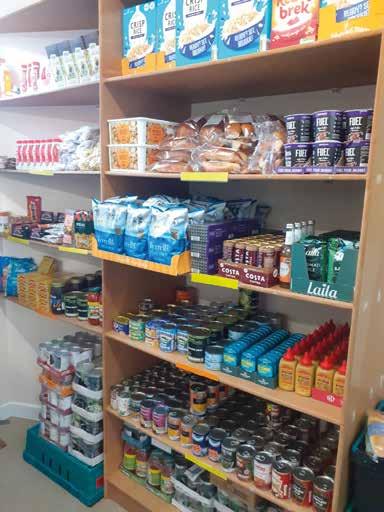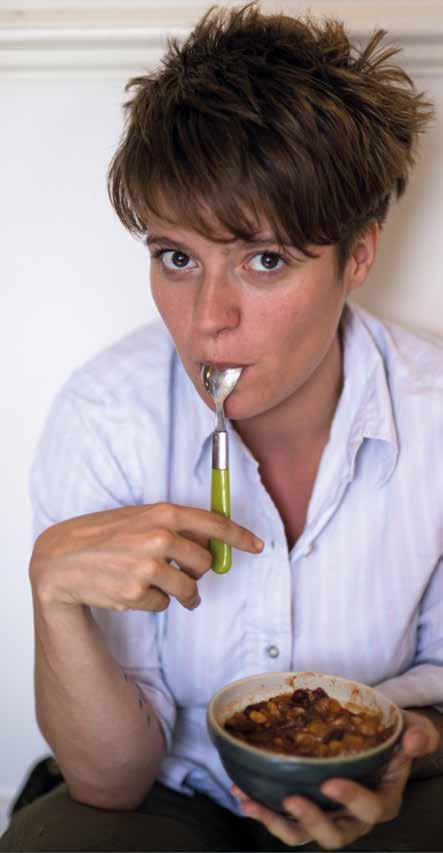
3 minute read
Fridges and cookers
by Quids in!
HARDSHIP SCHEMES... ELECTRIC DREAMS
Millions of us are living without essential household items such as a fridge freezer or cooker
Advertisement
Savvy Quids in! readers often remind us it’s cheaper and healthier to cook food from scratch. We can save money buying and cooking in bulk too, stocking up on home-cooked ready meals for the next few days. It also costs less (and saves time) to wash our clothes at home rather than using a laundrette.
But we can’t do any of this if we don’t have our own oven, fridge, freezer or washing machine. And that’s the situation for 4.8 million households in the UK.
Luckily, if we are struggling to buy white goods, there is help available.
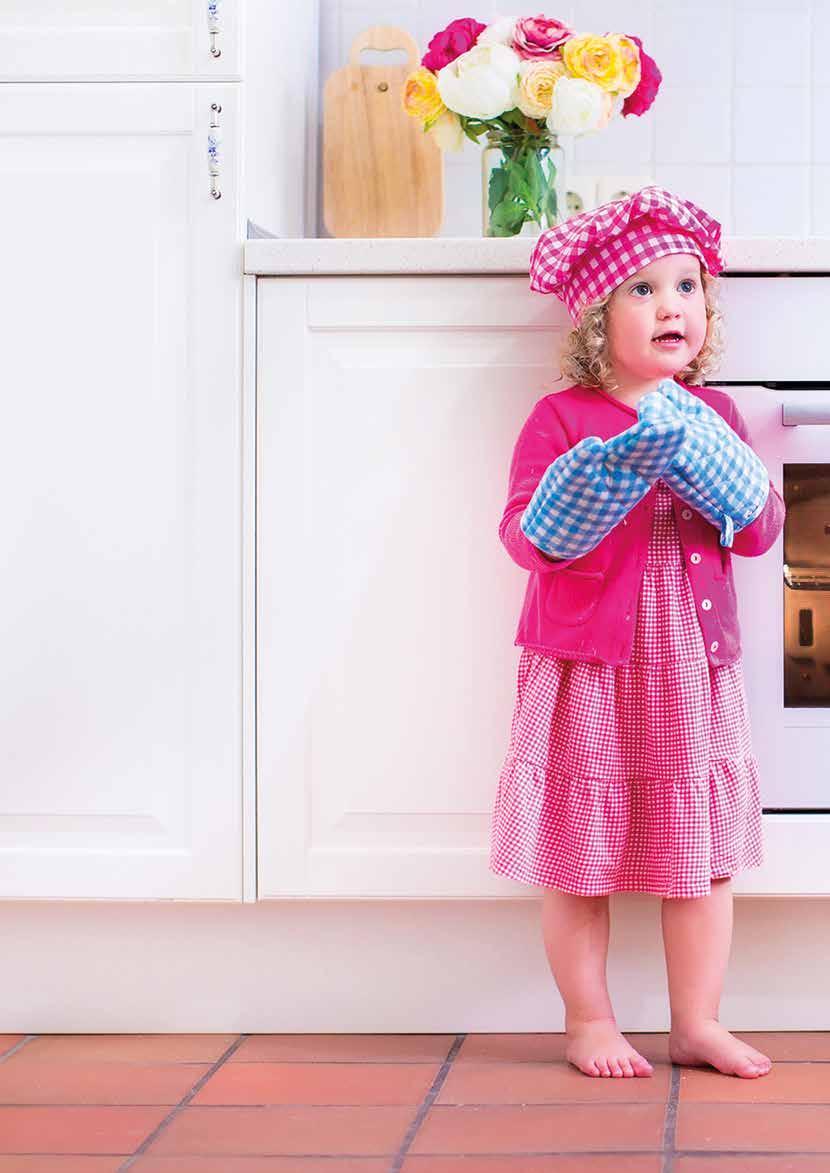
SWEET CHARITY The charity Turn2Us has a search tool on its website (turn2us.org.uk) that helps householders find financial help if we’re struggling. It asks about our age, gender, health status, nationality, location and the jobs we’ve had. Often there’s a fund to apply to.
If we have worked in construction, for example, B&CE’s Charitable Trust may be able to give us a hardship grant. There is financial support available for almost every profession, including hair and beauty, pubs and bars, and mechanics. It could be enough to fill a gap with a new cooker.
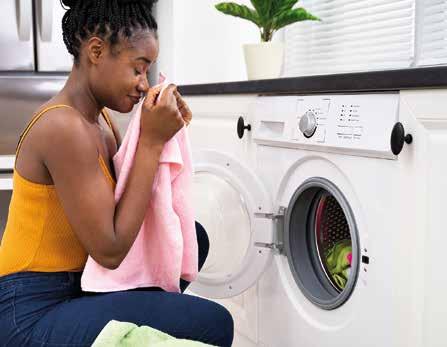
If we have disabled children, we can apply to the Family Fund. Or, if we, or a member of our family, suffer from mental health issues, there is another charity we can turn to. Same for those in recovery from substance misuse. Or people from a specific faith. Each one has its own ways of working out if it can help us.
Dawn Jackson, head of Grants at Turn2Us, says: “You can check if you’re eligible for support from over 1,500 grant-giving charities. These include charities who offer help with the cost of white goods (like ovens and fridges). Unlike loans, you don’t have to pay a penny back. Last year we awarded a total of £3.4 million in grants to over 2,500 recipients.”
FURNITURE BANKS As well as grants, it’s worth checking out websites where a range of household goods can be picked up for free or reduced prices. A few to try, where you can find people in your local area who are giving away unwanted items, include: • Freecycle • ilovefreegle.org • gumtree.com.
Remember, there are no safety guarantees when picking up second-
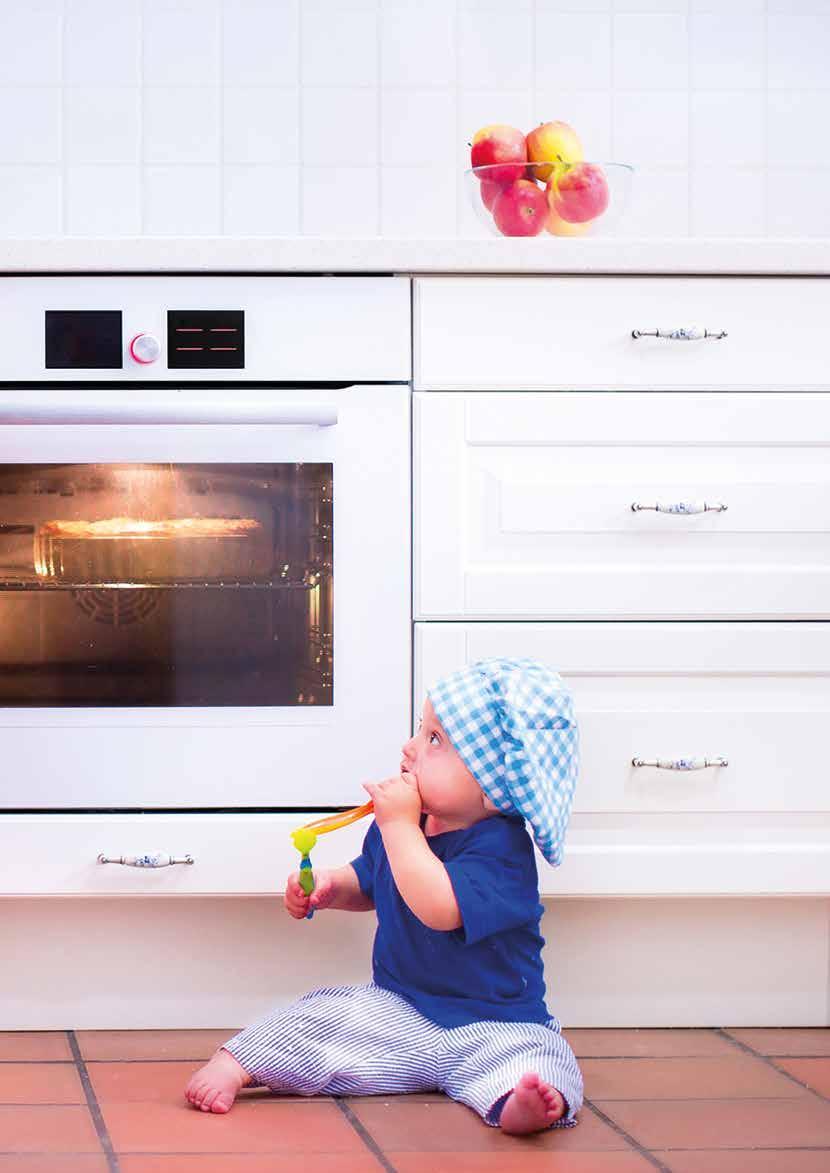
hand goods this way. At least check the plug is properly wired and all of the cables are fully insulated before plugging it in. Any signs of overheating, like scorch marks, might suggest it’s not fit for use.
Furniture banks are popping up around the country too. They offer fridges and kitchen appliances at a heavily discounted price. It’s worth asking a local church or community centre or checking online. Our landlord or local council might also know if there’s help in the area.
There are furniture recycling projects all over the UK and many sell electrical items as well as sofas, tables and chairs. They don’t often provide goods for free but they are still way cheaper than buying new. To find out if there’s one nearby visit: qimag.uk/whitegoods. We can tick the box for electrical items to speed up the search for what we need. CELTIC PRIDE For readers in Scotland, community care grants are available via the Scottish Welfare Fund, which is a national scheme delivered by local authorities. We can apply for the grant via our local authority. As well as using the grant to pay for a cooker, fridge, freezer or washing machine, it can be used to help with living expenses.
Welsh readers can apply to the Discretionary Assistance Fund (DAF), which offers grants to buy fridges, cookers and other household items.
Turn2us’ Dawn Jackson adds: “Basic household appliances are not a luxury. Living without a cooker, for example, takes away dignity, leaves families worse off, and the impact on children or other dependants cannot be overstated.
“Heather and David needed to move after David’s leg was amputated. Frequent trips to hospital meant they struggled to afford what they needed, including a cooker. By using our Grants Search, the couple were able to secure an Elizabeth Finn Fund grant to help.”
≠ Tenants who rent from the council or a housing association or charity should also speak to their landlords about any help available.






